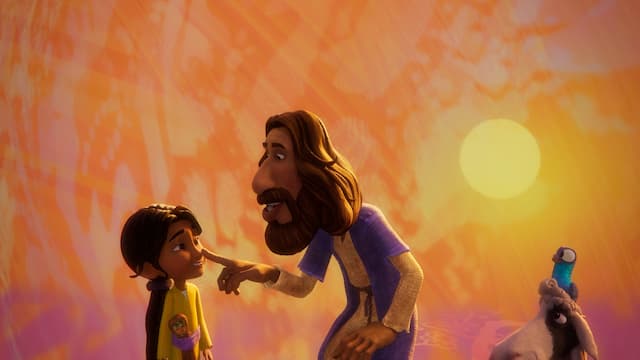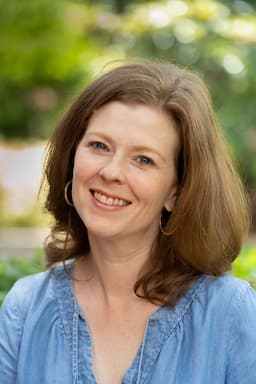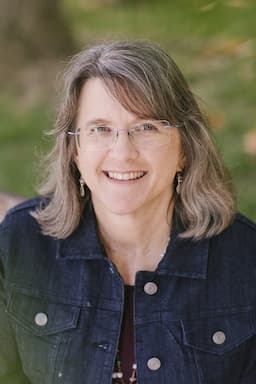The Evening Turned Old Testament

In a recent article published in the Tallahassee Democrat, tagged “for amusement purpose only,” Mark Hinson told a story that happened to him when he was seventeen years old. While he was driving his father’s car, Mr. Hinson ran over one of his father’s cows and killed it.
When he returned home and told his father what had happened to the cow, his father was very upset. Mr. Hinson then describes his father’s reaction. His father said to him:
“What if that had been a person in the road?” he said, trying to make a valid point.
“Uh, he’d be just as dead as that cow,” I said. “But why would some dude be sleeping in the road on our farm?”
That sent him into a rage.
The evening turned Old Testament. There was the slashing of the cow’s throat, replete with the classic line: “Boy, what’s wrong with you? Don’t you know how to cut a cow’s throat?”
I like that: “The evening turned Old Testament.” It sounds poetic, musical, a beautiful literary construct. When I read those words, a flood of ideas triggered my imagination, like the waters of a river overflowing its banks.
One question that I asked myself was: “When does an evening turn Old Testament?” Immediately, my mind turned to those immortal words of Edward George Bulwer-Lytton, which have been declared to be the worst opening sentence of any book in the English world:
“It was a dark and stormy night; the rain fell in torrents – except at occasional intervals, when it was checked by a violent gust of wind which swept up the streets, rattling along the house-tops, and fiercely agitating the scanty flame of the lamps that struggled against the darkness.”
Maybe when one is enjoying a nice evening and it suddenly becomes dark and stormy, that experience alone can invoke memories of Old Testament events.
I also thought about the opening chapter of Genesis and the words “there was evening, and there was morning–the first day” (Genesis 1:5). At the beginning of creation there was the formlessness of the primeval earth and darkness. After a day of light, would darkness return again? The return of chaos is when evening turns Old Testament.
I also thought of Abraham’s experience, when the Lord appeared to establish a covenant with him. “That evening, as the sun was going down, Abram fell into a deep sleep. He saw a terrifying vision of darkness and horror” (Genesis 15:12 NLT). It is the terrifying vision of darkness and horror that turns evening into Old Testament.
Any encounter of the human with the divine produces terrifying visions of darkness and deep feelings of terror. This is true in the experience of the Psalmist. He wrote: “In my distress I called upon the Lord; to my God I cried for help” (Psalm 18:6). And the Lord heard him, but the Psalmist’s encounter with God was not what he expected. That encounter was marked by thick darkness under God’s feet, darkness all around him, thunder, coals of fire, and lightning. When anyone is face to face with the mysterium tremendum, that is when evening turns Old Testament.
After considering all these great theological themes, then, it dawned (pun intended) on me. When evening turned Old Testament for that young man, he was not concerned with theological speculations. He was concerned about being face to face with an angry father who was ready to discipline him for what he had done. So, not knowing what punishment awaited him, his evening turned Old Testament.
Many people today do not believe there is a consequence for what they do. The corruption of the human heart is so great that people live with impunity, unaware that a righteous judge will decide their case justly. Many people probably would change their attitude if they only would remember Jonathan Edwards’ warning, that it is a horrible thing for a sinner to fall into the hands of an angry God.
All of us, at one time or another, will have our evenings turn Old Testament. That is what we call “the dark night of the soul.” The dark night of the soul comes when believers become aware that God is hidden from their lives. Job experienced the feelings of God-forsakenness when he lost his family, his property, and his health.
Jeremiah felt the heavy hand of God upon his life to the point that he believed God was his enemy. So did Abraham when God commanded him to sacrifice his son upon an altar. These and many others experienced the dark night of the soul, praying and crying unto God: “My God, my God, why hast thou forsaken me?” (Psalm 22:1).
At times, to some people, the dark night of the soul becomes the crucible in which their relationship with God is molded. It is at this time that believers realize that all is not lost. They realize that when their evenings turn Old Testament, then, for sure, their mornings will turn New Testament.
Enter to Win a Free Copy of my Book Divine Violence and the Character of God.
This posted was originally published on March 22, 2006.
Claude Mariottini
Emeritus Professor of Old Testament
Northern Baptist Seminary
NOTE: Did you like this post? Do you think other people would like to read this post? Be sure to share this post on Facebook and share a link on Twitter or Tumblr so that others may enjoy reading it too!
I would love to hear from you! Let me know what you thought of this post by leaving a comment below. Be sure to like my page on Facebook, follow me on Twitter, follow me on Tumblr, Facebook, and subscribe to my blog to receive each post by email.
If you are looking for other series of studies on the Old Testament, visit the Archive section and you will find many studies that deal with a variety of topics.








